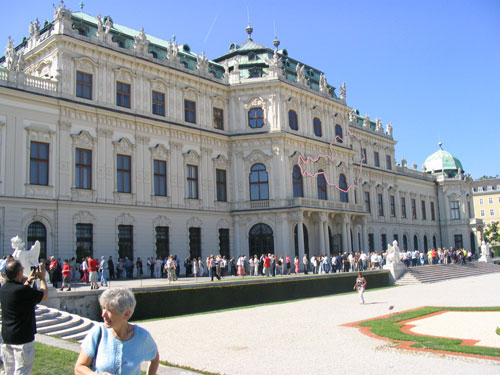“What can be said at all can be said clearly; and whereof one cannot speak thereof one must be silent.” (Tractatus Logico-Philosophicus, 1921)

This is probably one of the world´s most famous phrases, cited thousand fold in contemporary philosophy. Its author is Ludwig Wittgenstein, an Austrian philosopher born in Vienna in 1889, who stirred up the field of philosophy with his bold and daring book “Tractatus Logico-Philosophicus” (1921) and is considered to be one of the greatest thinkers of the 20th century. But his thoughts on philosophy didn’t only have great impact on the field. They also had a profound effect on the humanities and social sciences, which is why it is shocking that a consistent and consolidated interpretation of his works has not been produced to date. Nobody has ever really deciphered with absolute certainty the mysterious “Tractatus Logico-Philosophicus” in its entirety.
However, we are are certain that Wittgenstein contributed immensely to language philosophy and that he strongly criticized philosophical scepticism, proclaiming that if the sceptics questioned the presence of their own hands, they first had to question language itself, being the real constituent of reality as we perceive it. Consequently, Wittgenstein saw his philosophical investigation as therapeutic work, since he thought he could cure humanity from the evils of conventional philosophical problems and always reiterated that the limits of language itself made it impossible to mention these problems, and thereby, to grasp them.
But the fascination revolving around Wittgenstein is not only due to his writings, which give evidence of his passion for knowledge and his genius. His personal diaries and the statements of the people close to him, also reveal an extraordinary and enigmatic personality. He grew up in a high society environment, always surrounded by the most interesting figures of the Viennese high culture from the 20th century, such as the composers Johannes Brahms and Gustav Mahler, and the painters Gustav Klimt and Rodin. Maybe this is the reason why most of his contemporaries claimed that he had a very artistic and creative understanding of philosophy, rather than a scientific one.
He died in 1951, after having lived and worked as a professor of philosophy in Cambridge for many years. Always unique and amazing, the last words he uttered were: “Tell them I’ve had a wonderful life.”
We invite you to see the Wittgenstein house in Vienna, which the philosopher designed and had built for his sister Margarete Stonborough-Wittgenstein in 1926, and whose modern and ethereal architecture reflect the sharp and progressive mind of this 20th century myth. For a comfortable stay rent apartments in Vienna.

 English
English